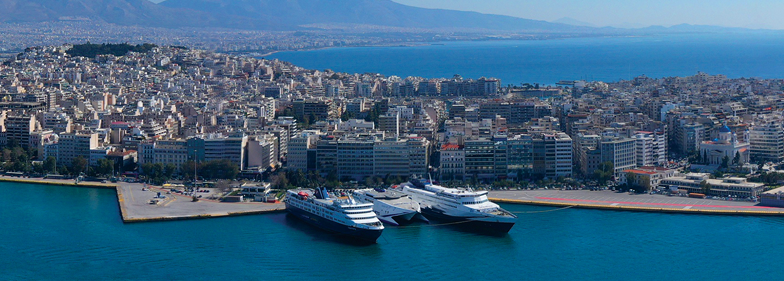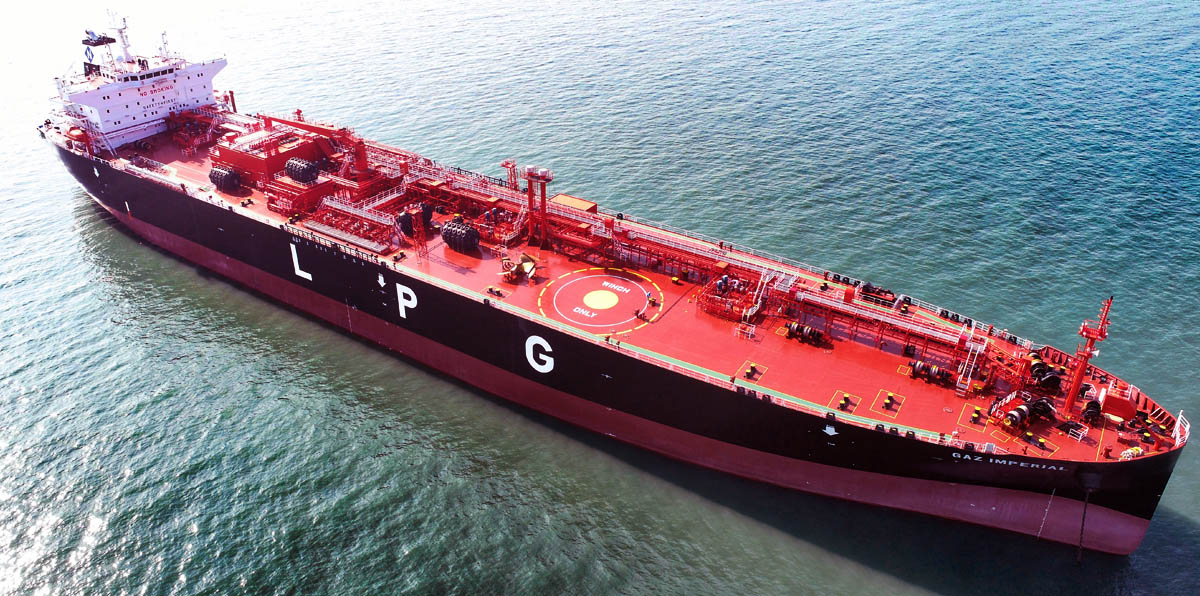The operating environment
Despite a decade-long sovereign debt crisis, Greece has maintained an unassailable lead in terms of merchant fleet size, deadweight tonnage and asset value. Greece runs the world’s most valuable fleet of over 100 billion USD, followed sequentially by Japan, China and Singapore. Moreover, Greek owners also operate the world’s largest merchant fleet of around 4,800 ships with a tonnage, which accounts for around 20 percent of all global seaborne trade and 50 percent of European Union’s fleet capacity in deadweight tonnage terms. The local maritime industry employs more than 200,000 people, and accounts for around seven percent of GDP and should thus be considered as a fundamental support for the nation.
 How it started
How it started
It seemed only logical and befitting for BSM to establish a local presence in Greece. Theophanis Theophanous, Managing Director of BSM Greece, explained, “We thought it was essential to open an office in Greece to be next to our clients and thus, in 2005, BSM Greece was established. Initially we were a small office but saw opportunities in the fledgling shipmanagement sector, which was a fairly new concept at that time. Due to a proven track record of good performance as well as a wide range of flexible services, Greek shipowners slowly gained trust in the role a third-party ship manager can play as a strong business partner. Nonetheless, in our experience we see that owners usually want to remain fully involved with all aspects of their vessel operations and prefer not to wholly outsource. However, in this way resilient long-term partnerships are formed with BSM, whilst jointly striving to manage each ship in an efficient, smooth and operatively successful manner. The success of BSM Greece would not be possible without the close proximity to our clients and wider market of ship owning offices, being just 30 minutes away in most cases.”
Theophanis further elaborated, “BSM Greece started with a small number of ships under crew management before the first breakthrough when we secured full technical and crew management of oil tanker MT Jelita in 2006. We gradually expanded over the years, increasing the numbers of vessels under full management to 25. BSM Greece entered the LNG market in 2013 with the support of the wider Schulte Group, BSM Isle of Man and key corporate LPG/LNG experts of the Company. We won the shipmanagement contracts for three 160,000 cbm LNG carriers belonging to Thenamaris LNG Inc.”
Standing out from the competition
BSM Greece today provides third-party management services to all vessel types, something that its closest competitors are currently unable to provide. Theophanis attributes this to BSM Greece’s commitment to diversifying its services in view of industry trends, such as the LNG marine fuel adoption as well as meeting shipowners’ crewing needs through ongoing recruitment and training efforts.
“Crewing is a big challenge, especially for the LNG sector, and our existing clients foresee a labour crisis. To stay relevant, it is important to constantly recruit and train talents and to pay more attention to seafarers’ soft skills and leadership rather than just technical skills. In doing so, we are well-positioned to meet our customers’ demands. Ultimately, we must realise that the vessels are only as good as the crew who sail on them,” Theophanis explained.
Environmental stewardship
BSM Greece is a member of Hellenic Marine Environment Protection Association (HELMEPA) and INTERTANKO’s Hellenic Mediterranean Panel. “BSM Greece prides itself in working with first class shipping companies, where there is commonality in shared values and corporate philosophy. We believe in paying attention to human resources and the environment,” Theophanis pointed out.
Indeed, one of the core values of BSM is “Responsibility: Ensuring safety at sea, protecting the environment, and being socially responsible.” This provides the focus for each BSM employee both on board our managed fleet or ashore in our network of offices, to strategically plan, make decisions and drive their daily activities towards being socially responsible and achieving environmental sustainability.
“BSM Greece takes part in an annual beach cleaning activity in support of HELMEPA’s effort to motivate people to care more for the environment and specifically the sea. Our office employees and their families are very proud to be included in maintaining their natural local surroundings, whilst having the chance to pass on to the younger generation a clear message of the importance of caring for the sea environment.”
Addressing challenges and seizing opportunities
Theophanis is cautiously optimistic about what lies ahead for the Hellenic shipping industry, despite ongoing concern of escalating trade protectionism and geopolitical tensions in many parts of the world.
“Where there is a crisis, there will also be opportunities. Greek shipowners have traditionally preferred to manage their ships in-house as a matter of pride. That notion is gradually shifting, especially amongst the younger shipowners who see the benefit of outsourcing to professional third-party ship managers and investing more of their time and energy on other ventures. Over time, I believe more and more owners will entrust crew management and eventually full management to ship managers like BSM,” Theophanis concluded.



